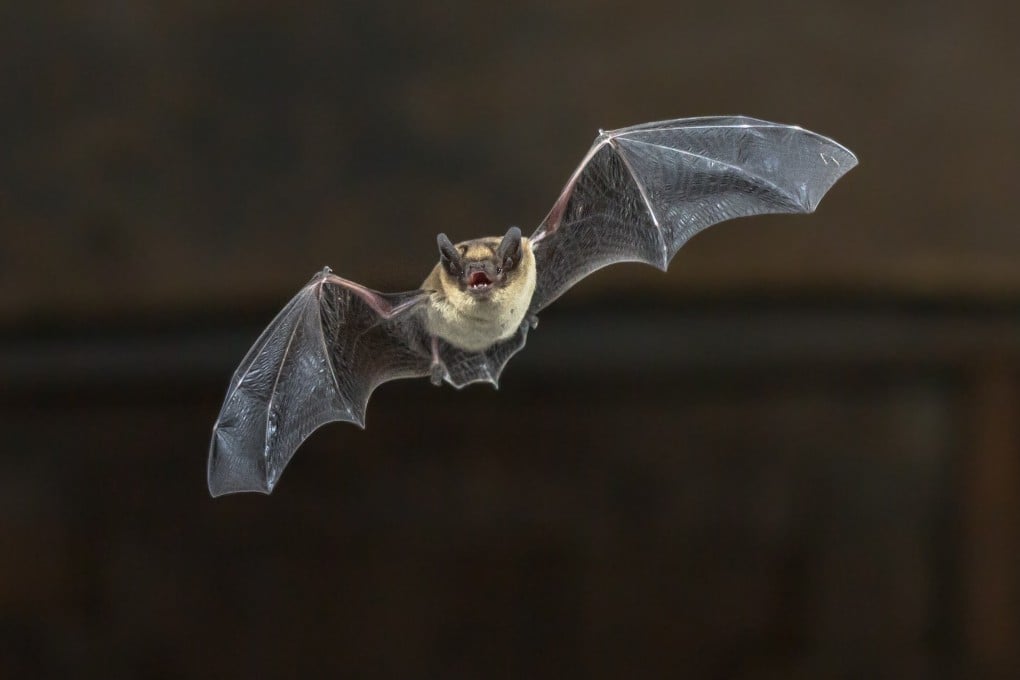Advertisement
Where did coronavirus originate? These virus sleuths are assessing every theory
- Bat virus researcher leads task force reviewing what evidence says on theories such as the coronavirus coming from wildlife trade or existing first in Europe
- Backed by medical journal The Lancet, it comes as the WHO’s coronavirus inquiry continues the search for a scientific breakthrough
Reading Time:4 minutes
Why you can trust SCMP
0

The origins of Covid-19 remain unknown, and a gamut of hypotheses, conspiracy theories and studies have raised more questions than answers about how the virus that causes the disease emerged and spread around the world.
Now, a group of battle-tested disease detectives, led by a US-based scientist with a history researching bat viruses in China, are stepping up to evaluate “every hypothesis” for the source of this virus, first identified in the Chinese city of Wuhan nearly a year ago.
The task force was announced earlier this week under an interdisciplinary initiative backed by medical journal The Lancet to find solutions to the pandemic. The formation of the Lancet Covid-19 Commission’s task force on the origins of the virus came just as another international effort to uncover the origins of the disease – the World Health Organization’s (WHO’s) scientific mission – was getting to work.
But unlike that inquiry, in which an international team will conduct research with Chinese scientists at the request of the WHO’s governing body, the Lancet task force is a public-facing group that does not expect to run its work on the ground in China, according to its leader, Peter Daszak, the bat virus researcher and president of US-based research organisation EcoHealth Alliance.

07:54
Six months after WHO declared Covid-19 a public health emergency, what more do we know now?
Six months after WHO declared Covid-19 a public health emergency, what more do we know now?
“We are scientists reviewing what’s known and saying, ‘Where does the evidence fall on the different hypotheses that are out there?’” said Daszak, who is in the unique position of being part of both the WHO international team and the Lancet task force.
Advertisement